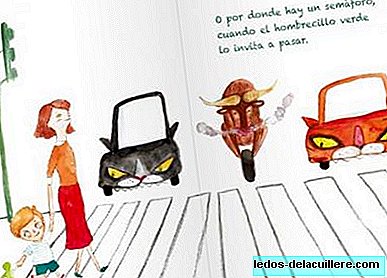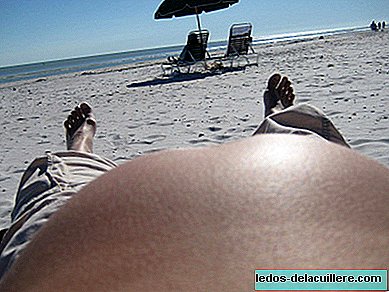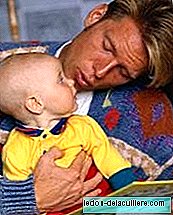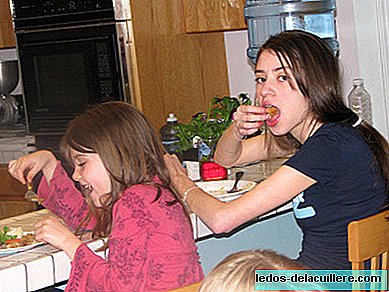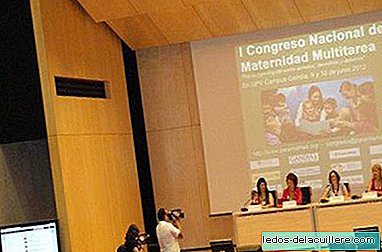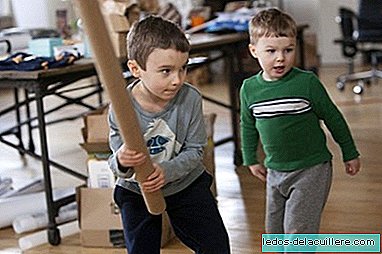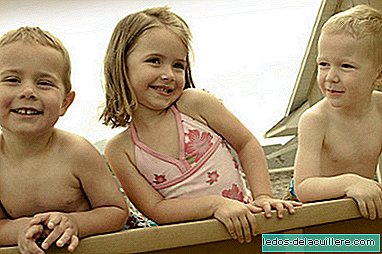
If you ask anyone to explain things that happened to him in his childhood, when he was two or three years old, he will surely tell you that he is not able to do it, because does not remember. At the most, it is possible that I explain anecdotes of those times that he remembers because there are photos that testify them or because of so much listening to his parents, he seems to remember them.
To date, it was not known for sure what was the cause of this phenomenon. Now, scientists from the Children's Hospital of Toronto and the University of Toronto have been able to give a possible explanation to why don't we remember the events of our childhood Thanks to a recent study.
As they explain, the reason that when we grow up we lose the memories of when we were little is neuron production, which is very high at early ages. The brain of a newborn baby it is 25% of what it will become in adulthood. In the first three years the growth rate is very high, so much so that at three years of age the brain has already doubled in size. Then, until the age of five, it continues to grow at a fairly high rate, at which point it stops to continue growing more gradually until adolescence, which is when it stops growing (although it continues to mature).
The brain growth process, the creation of new neuronal cells, is known as neurogenesis, a process that logically allows children to learn more and more things. However, they have seen that this process has another effect: erase the memories.
To reach this conclusion, Paul Frankland and Sheena Josselyn did a study with young mice and old mice, observing what happened when they increased or stopped the generation of new neurons in the hippocampus, which is the area related to learning and memories.
First they stopped the production of new neurons in young mice, producing in them a greater ability to store memories. Then they took the old mice, which by age could have more difficulty generating new neurons, and increased neurogenesis. The effect was that they had a less ability to remember.
In the words of Frankland, co-author of the study:
We believe that our new study begins to explain why we have no memory of those early years. Before four or five years we have a very dynamic hippocampus that cannot store information in a stable way.
Undoubtedly, it is a very interesting finding that seems to respond to the well-known phenomenon that gives us so much rage, that of not being able to explain how we were little or the things that happened to us, to put on the face of "I did that?" when our parents explain to us the things we were doing and the one that makes our children able to tell you the name of the best known composers of classical music just by seeing their photo at two years of age, now with seven (I speak of my son Jon), not recognizing virtually none of them.


